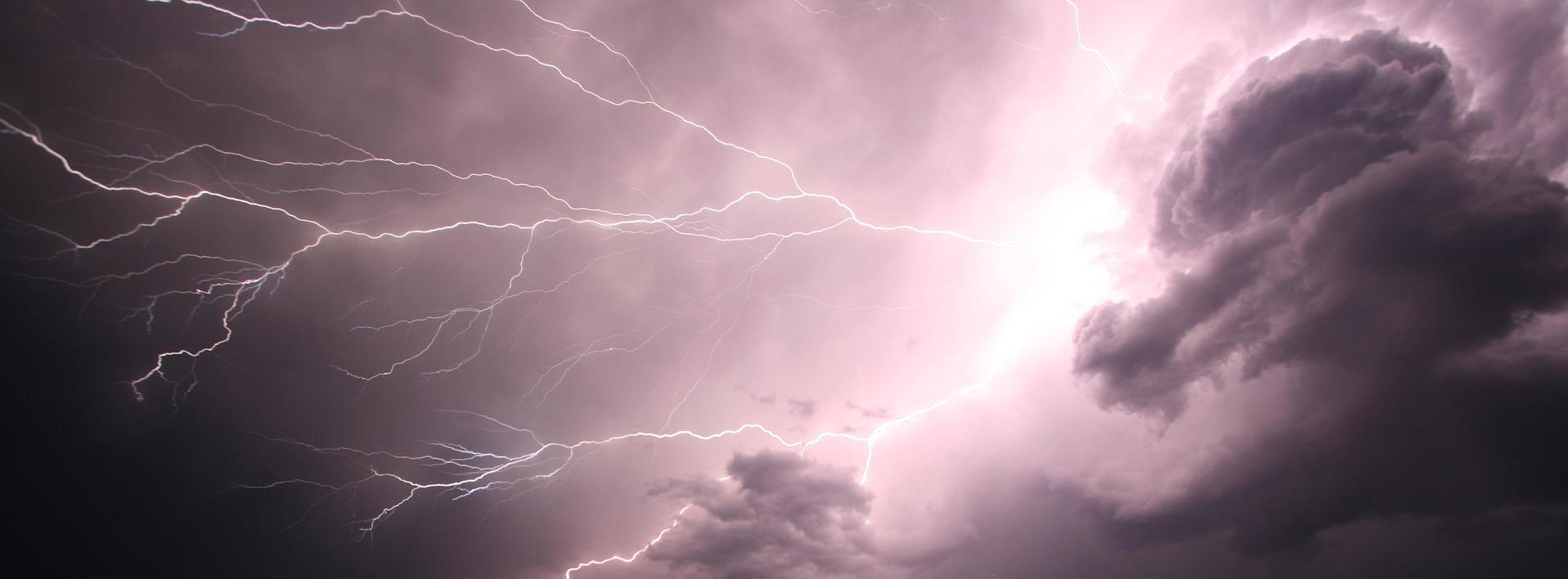New research led by Liliana Andriano provides a conceptual overview of why and how weather shocks might impact young women’s life course transitions in low-income rural contexts, and explores the model empirically using the case of drought in Malawi: a largely rural and agrarian country that is highly vulnerable to weather shocks, with a large youth population and low ages at first marriage and birth.
Published in Population Studies, the study shows that exposure to growing-season drought in adolescence has an accelerating effect on young women’s transitions into first unions—both marriage and cohabitation—and into first births within unions. The research is based on a unique data set that combines repeated cross-sections of georeferenced Demographic and Health Survey data with georeferenced climate and crop calendar data to calculate a cutting-edge measure of growing-season drought shocks.
Given that weather shocks will increase in coming decades as a consequence of climate change, there is a crucial need for a better understanding of the relationship between climate change, weather shocks, and demographic outcomes, in terms of the lives and livelihoods of young people. Nevertheless, there has been limited work to investigate the micro-level processes through which weather shocks influence the transition to adulthood. ‘This type of research is especially important in rural agrarian settings, where weather shocks disrupt agricultural livelihoods that form the basis of important economic and social networks’, explains Andriano. ‘This is the first study that examines the effects of growing-season drought shocks on the timing, sequencing, and characteristics of young women’s transitions into unions and childbearing.’
Andriano says: ‘We find that growing-season droughts have large and important impacts on key dimensions of young women’s life course transitions. Exposure to growing-season drought in adolescence accelerates young women’s transitions into first unions and their initiation of childbearing within unions. We argue that weather shocks accelerate union formation because women may view partnerships both as a financial coping strategy and as a way to reduce the psychosocial stress that accompanies resource constraints, uncertainty, and related hardships.’
Read the full paper by Liliana Andriano, Postdoctoral Researcher, Leverhulme Centre for Demographic Science and Department of Sociology, with Dr Julia Behrman, Northwestern University, on the Population Studies website.


